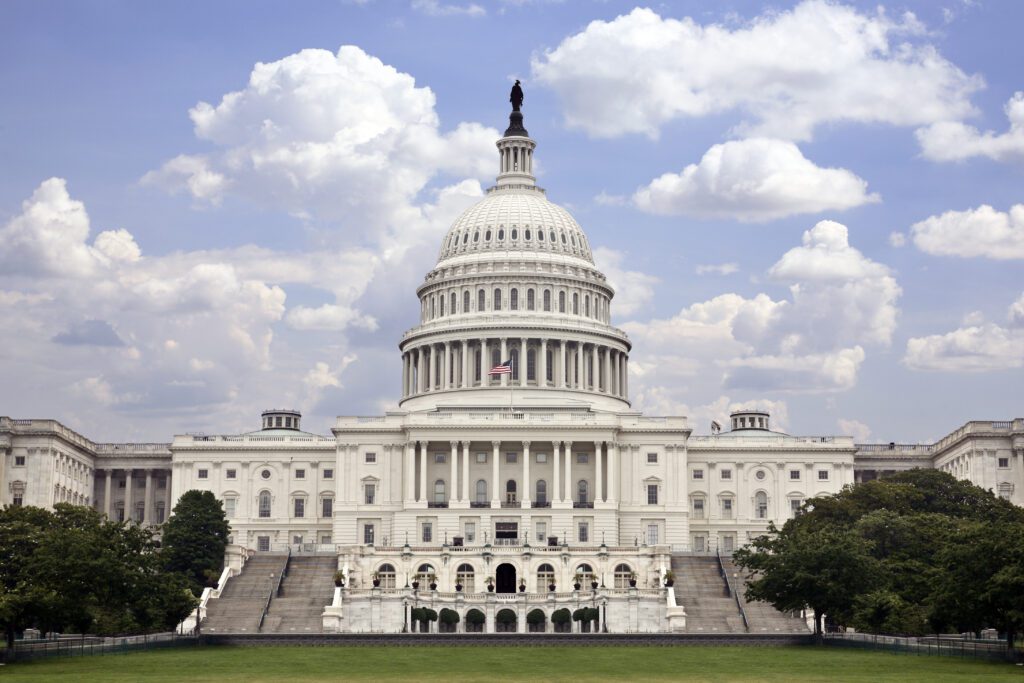The U.S. Court of Appeals for the D.C. Circuit has issued an important opinion regarding the regulation of greenhouse gas emissions in the United States. The opinion is the product of an action brought by a coalition of industrial companies and states against the Environmental Protection Agency (EPA).
The events leading up to the court’s June 26th decision date back to 1970 and the passage of the Clean Air Act (CAA). That legislation requires the EPA to regulate the emission and production of air pollutants and hazardous gasses. More recently in 2007, in Massachusetts v. Environmental Protection Agency, the Supreme Court of the United States ruled that greenhouse gasses fit within the interpretation of air pollutants under the Clean Air Act (CAA). Therefore, the court determined that the EPA had a statutory obligation to regulate the emission of greenhouse gasses unless the agency produced evidence showing the effects of such gasses are benign.
Following the Supreme Court’s decision, the EPA issued a finding of endangerment, asserting that greenhouse gasses are hazardous for human life, and instituted a number of regulations pursuant to the provisions of the CAA.
Some of the regulations the EPA implemented were: (1) the “Tailpipe Rule,” which regulates the emissions in motor vehicles, (2) the “Timing Rule,” which specifies when pollutants become subject to regulation under the CAA, and (3) the “Tailoring Rule,” which limits the number of stationary emitting sources actually required to obtain emission permits. The EPA recognized that the inclusion of greenhouse gasses within the CAA provisions would require the EPA to issue a tremendous number of permits for motor vehicles and stationary sources of pollutants alike. The Tailoring Rule alleviated the potential regulatory burden by requiring only stationary sources with the highest levels of emissions to obtain permits. These three regulations, along with the initial finding of endangerment, formed the basis for the coalition’s claim against the EPA.
The coalition alleged that the EPA’s policies and findings were not supported by adequate research, and they challenged the EPA’s application of the CAA to greenhouse gasses. However, the D.C. Circuit affirmed the EPA’s endangerment finding and upheld the Tailpipe Rule on the merits. Significantly, the court affirmed the EPA’s application of the CAA to greenhouse gasses, despite the coalition’s allegation that some scientific studies have been inconclusive or indeterminate. The court held that the CAA gave a high degree of deference to the EPA’s judgment regarding what substances are hazardous. The court ruled that the coalition lacked standing to bring claims against the Tailoring and Timing Rules, so the court effectively upheld those provisions indirectly.
Environmental groups, such as the Environmental Defense Fund and the National Wildlife Federation, are lauding the circuit court’s opinion as a major win in the battle against global warming. In addition to environmental groups, the Auto Alliance supports a national standard for greenhouse gas emissions.
As reported by The New York Times, industry and energy producers such as the coal, oil, gas and electricity industries opposed the EPA regulations. The president of the National Association of Manufacturers labeled the decision, “a setback for businesses,” and called the regulations “costly, complex and burdensome.”
The coalition against the EPA regulations is led by Virginia’s Attorney General, Ken Cuccinelli, who announced plans to appeal the decision. Should the US Supreme Court grant a petition for certiorari, EPA regulations could be front-page news in the months to come.
Special Contributor: Wyche Summer Associate, Brian Park






